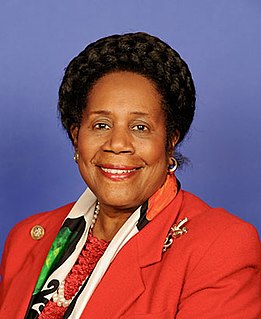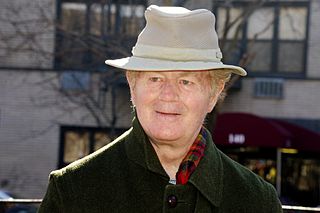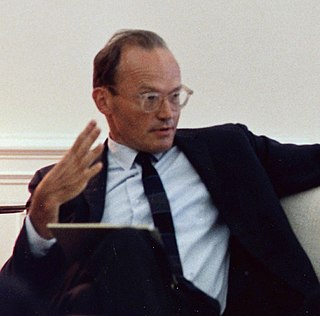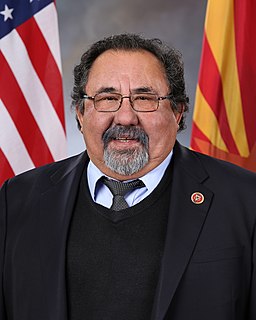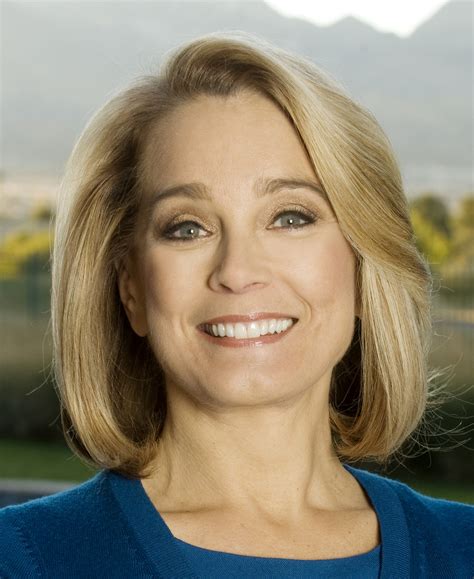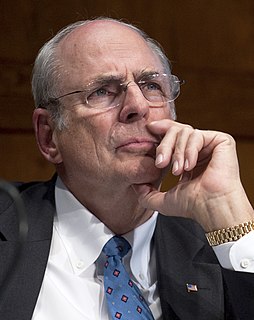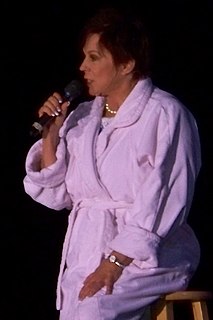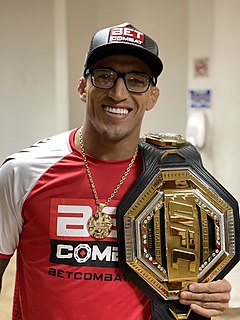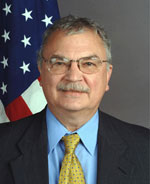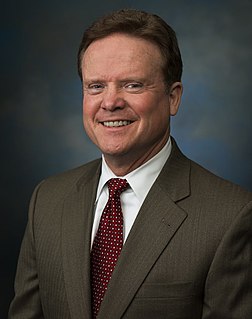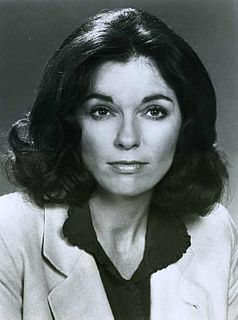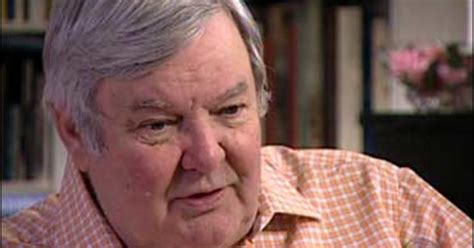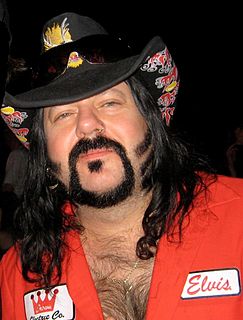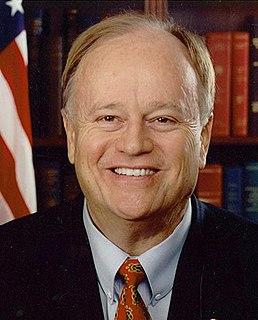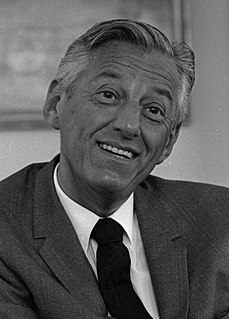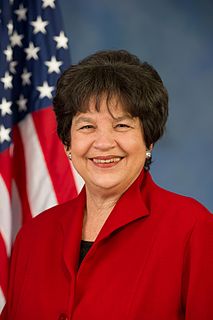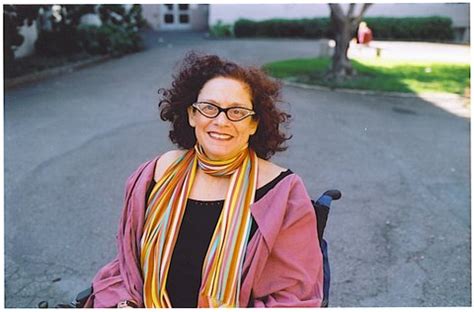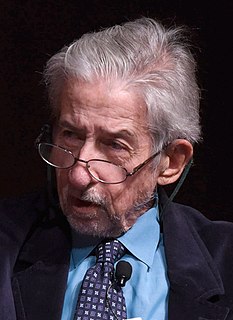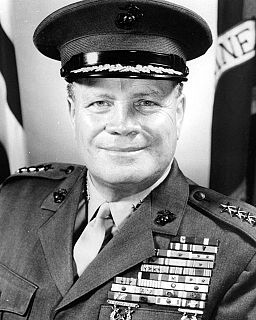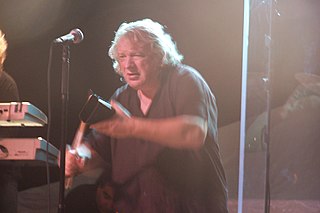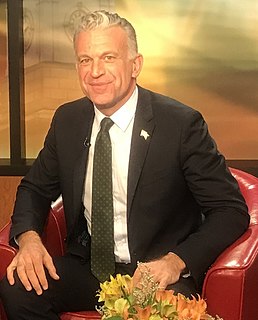Top 1200 Vietnam Veteran Quotes & Sayings - Page 2
Explore popular Vietnam Veteran quotes.
Last updated on December 22, 2024.
It has been said that the United States was deceived into entering and expanding the Vietnam War by its own overoptimistic propaganda. The record suggests, however, that the policy-makers stayed in Vietnam not so much because of overly optimistic hopes of winning ... as because of overly pessimistic assessments of the consequences of losing.
It was obvious uh, that uh, the situation in Vietnam was far from stable in 1964 and that there, if in fact the United States was going to uh carry out its declared intent to uh, do its best to prevent uh, a Communist overrun of South Vietnam, uh, there would be at least hard choices to make, and there might be a choice for uh, stronger action.
Why was the United States so afraid of an independent South Vietnam? Well, I think the reason again is pretty clear from the internal government documents. Precisely what they were afraid of was that the "takeover" of South Vietnam by nationalist forces would not be brutal. They feared it would be conciliatory and that there would be successful social and economic development - and that the whole region might work.
Since I was a kid. I had this series by Ballantine Books about the history of World Wars I and II. In my 20s, it was the Vietnam War literature of novelists like Tim O'Brien, Philip Caputo, and Tobias Wolff, and then nonfiction such as "A Bright Shining Lie" by Neil Sheehan and "The Best and Brightest" by David Halberstam . Those are the two best histories of Vietnam.
We do this in order to slow down aggression. We do this to increase the confidence of the brave people of South Vietnam who have bravely born this brutal battle for so many years with so many casualties. And we do this to convince the leaders of North Vietnam-and all who seek to share their conquest-of a simple fact: We will not be defeated. We will not grow tired. We will not withdraw either openly or under the cloak of a meaningless agreement.
I would like to say something, not just to Vietnam veterans in New England, but to men who were in Vietnam, who I hurt, or whose pain I caused to deepen because of the things that I said or did. I was trying to help end the killing and the war, but there were times when I was thoughtless and careless about it and I'm...very sorry that I hurt them. And I want to apologize to them and their families.
I've always been interested in Vietnam, feel it's a seminal event in our nation's history, and have explored it over the years - but I hadn't been interested in doing a documentary about it. I felt there had been a lot done about Vietnam, and didn't know if I could add anything new to the discussion.
The U.S. directed the war against South Vietnam. There was a political settlement in 1954. But in the late '50's the United States organized an internal repression in South Vietnam, not using its troops, but using the local apparatus it was constructing. This was a very significant and very effective campaign of violence and terrorism against the Vietminh - which was the communist-led nationalist force that fought the French. And the Vietminh at that time was adhering to the Geneva Accords, hoping that the political settlement would work out in South Vietnam.
Nothing drew me to the film business. I was propelled by the fear and anxiety of Vietnam. I had been drafted into the Marines. My brother was already serving in Vietnam. I bought, if you will, a stay of execution - both literally and figuratively - and went on to graduate school of business from the law school that I was attending.
At the beginning of his administration, Reagan tried set the basis for American military intervention in El Salvador - which is about what Kennedy did when he came into office in regard to Vietnam. Well, when Kennedy tried it in Vietnam, it just worked like a dream. Virtually nobody opposed American bombing of South Vietnam in 1962. It was not an issue. But when Reagan began to talk of involving American forces in El Salvador there was a huge popular uproar. And he had to choose a much more indirect way of supporting the collection of gangsters in power there. He had to back off.
Vietnam was the defining event for my generation. It spilled over into all facets of American life - into music, into the pulpits, in churches of our country. It spilled over into the city streets, police forces. And even if you were born late in the generation, Vietnam was still part of your childhood.
Could Afghanistan become another Vietnam? Is the United States facing another stalemate on the other side of the world? Premature the questions may be, three weeks after the fighting began. Unreasonable they are not, given the scars scoured into the national psyche by defeat in Southeast Asia. For all the differences between the two conflicts, and there are many, echoes of Vietnam are unavoidable.
I was arrested 1965. I had come back from the merchant marines, got into conversations about the war. I had never heard of Vietnam until I was in the merchant marines in constitution square in Athens, and I picked up the New York Herald or the International Herald Tribune and there was my first introduction of the word Vietnam.
There's just no question that the United States was trying desperately to prevent the independence of South Vietnam and to prevent a political settlement inside South Vietnam. And in fact it went to war precisely to prevent that. It finally bombed the North in 1965 with the purpose of trying to get the North to use its influence to call off the insurgency in the South.
Critical journalism has gone out of fashion, or rather, it has been bought out. And so, we have much less of it than we did during the Vietnam era, where there was very critical reporting on the Vietnam War and a lot of disagreement among the media. Now you find that the media are much more homogenous, converging because they all must cater to the same community of advertisers. It's sad to see.
I volunteered 35 years ago to go to Vietnam and the guy I was running against got out of going to Vietnam with a trick knee! I was an author of the homeland security bill, for goodness' sake! But I wasn't a rubber stamp for the White House. That right there is the epitome of what's wrong with American politics today!
Neoconservatives and the Pentagon have good reason to fear the return of the Vietnam Syndrome. The label intentionally suggests a disease, a weakening of the martial will, but the syndrome was actually a healthy American reaction to false White House promises of victory, the propping up of corrupt regimes, crony contracting and cover-ups of civilian casualties during the Vietnam War that are echoed today in the news from Baghdad.
I was always convinced that decent people in the case of Vietnam, highly intelligent, decent people, got us involved because they had made, in part, a misjudgment about the nature of the communist system and the unity of the communist world and the degree to which the experience of Europe could be repeated in Vietnam.
Truman fired the popular Gen. Douglas MacArthur because he disobeyed orders in the Korean War. Johnson knew that he had reached the endgame in Vietnam when Gen. William Westmoreland, the top commander in Vietnam, requested 240,000 more troops in 1968 for the prolonged war that also could not be won.
One thing I want to clarify - that every service member, veteran, wants us to remember - is that the vast majority of people returning from service come back completely healthy. But when we do come across someone who is struggling. We have to develop a culture of open arms and acceptance so that they feel comfortable saying, "I'm a veteran. And by the way, I need little help." This is something we need to do in this country around mental health as a whole - destigmatizing mental health.
I would think we have a trajectory of failure on the Republicans' part. When you think about how they managed to make John Kerry look bad during the last election for actually serving in Vietnam, and testifying in Congress after he'd gotten medals, and said that he didn't believe in them or that he didn't believe in the war and that it should stop . . . That they could turn that in negative when their guy, George W. Bush, never even went to Vietnam.
